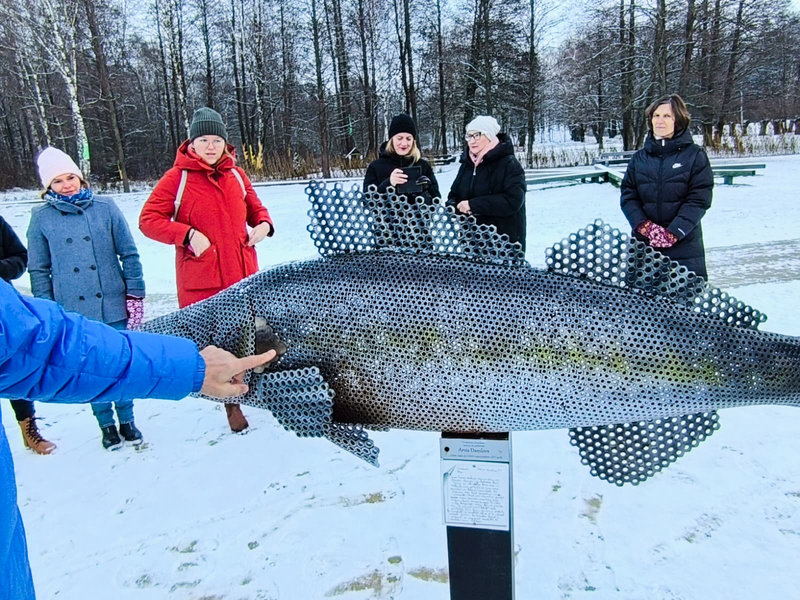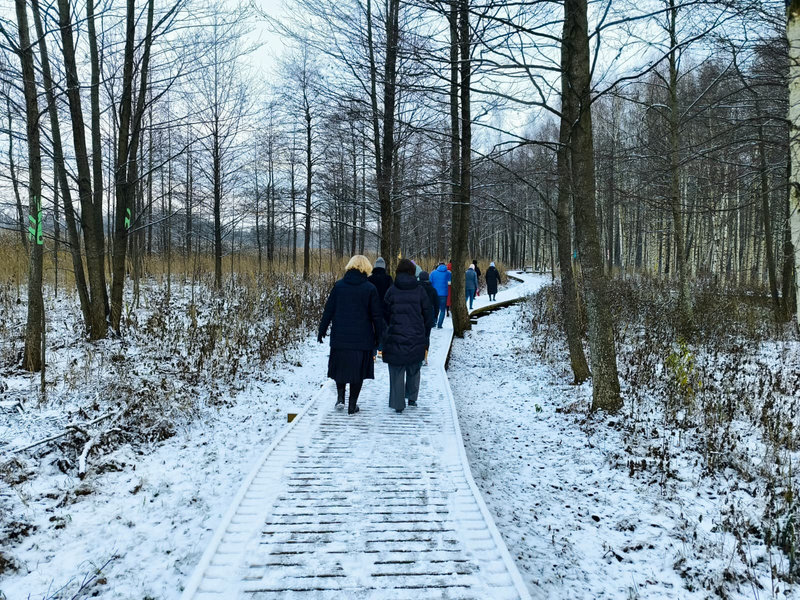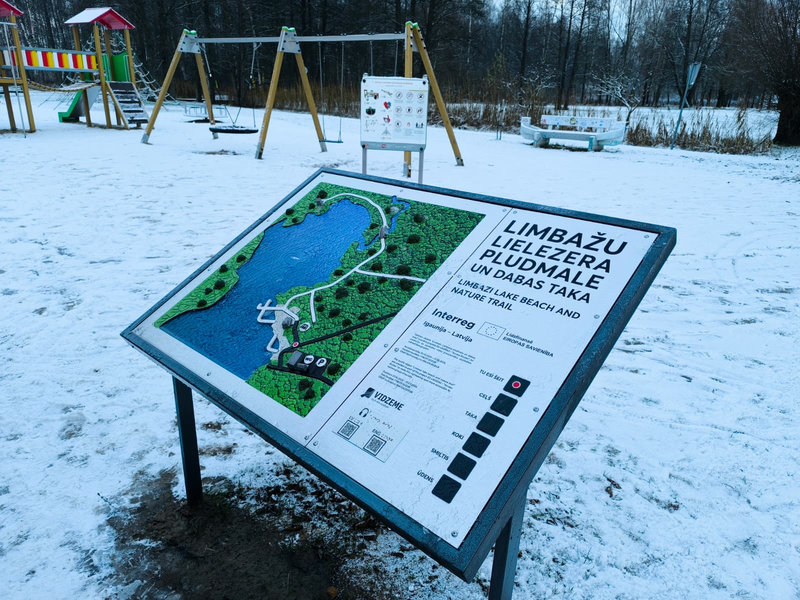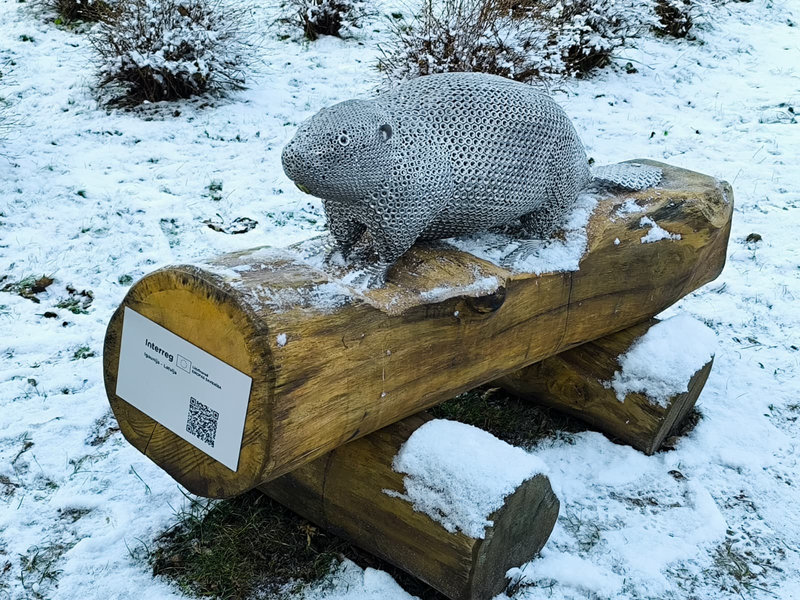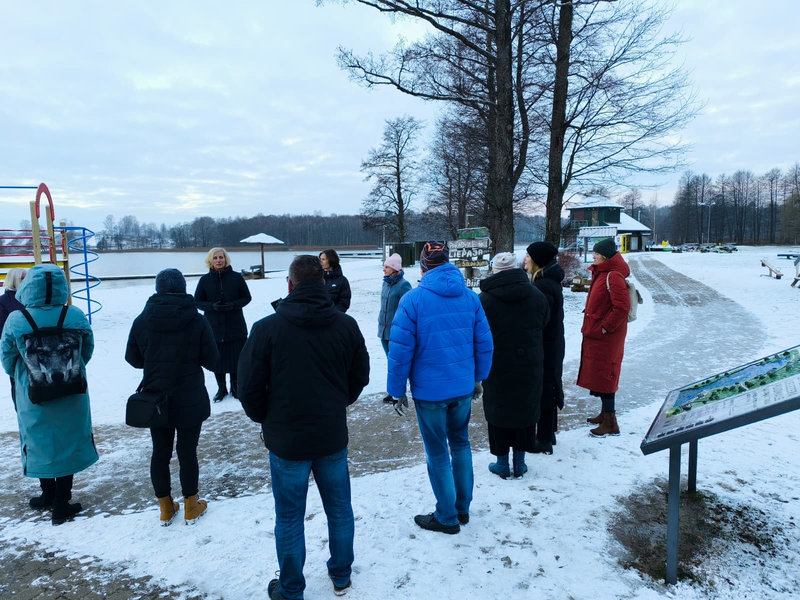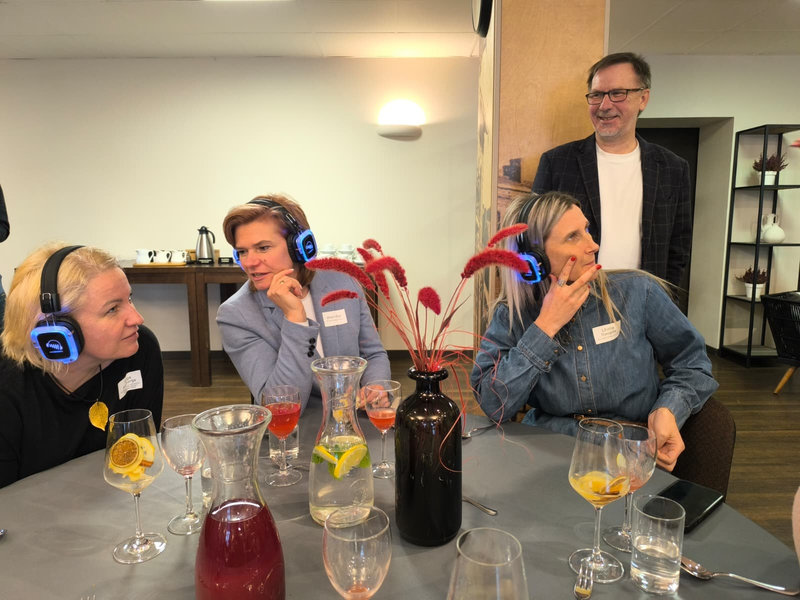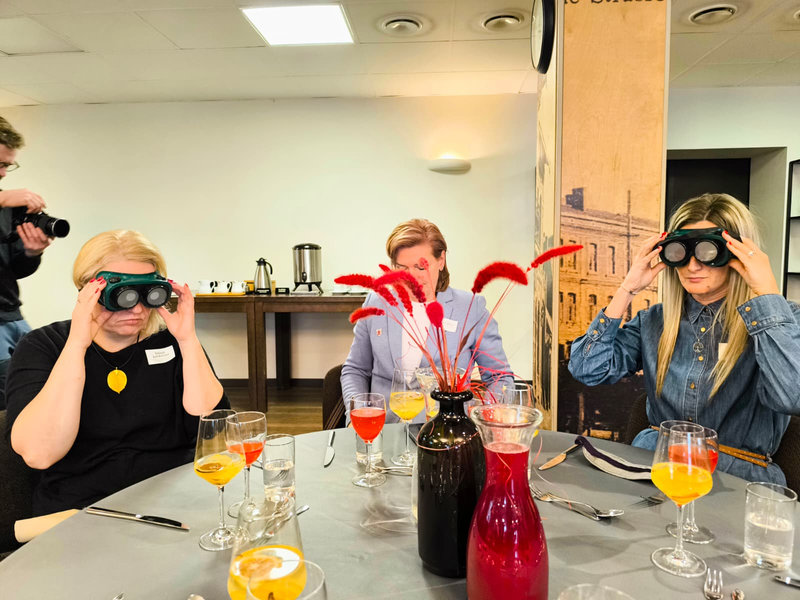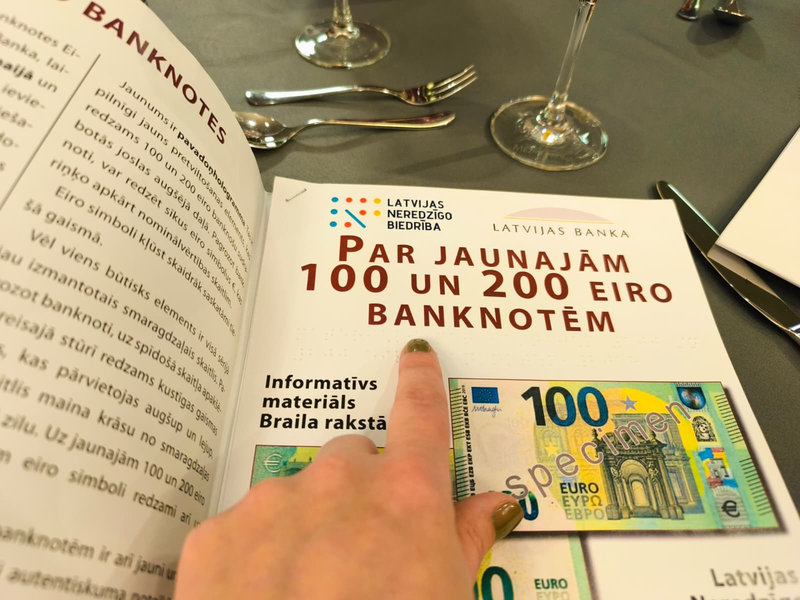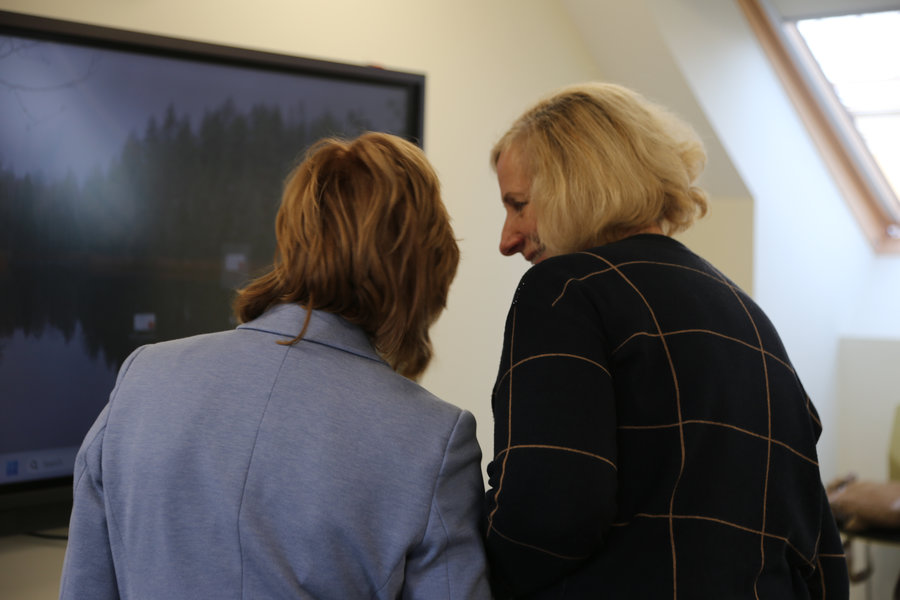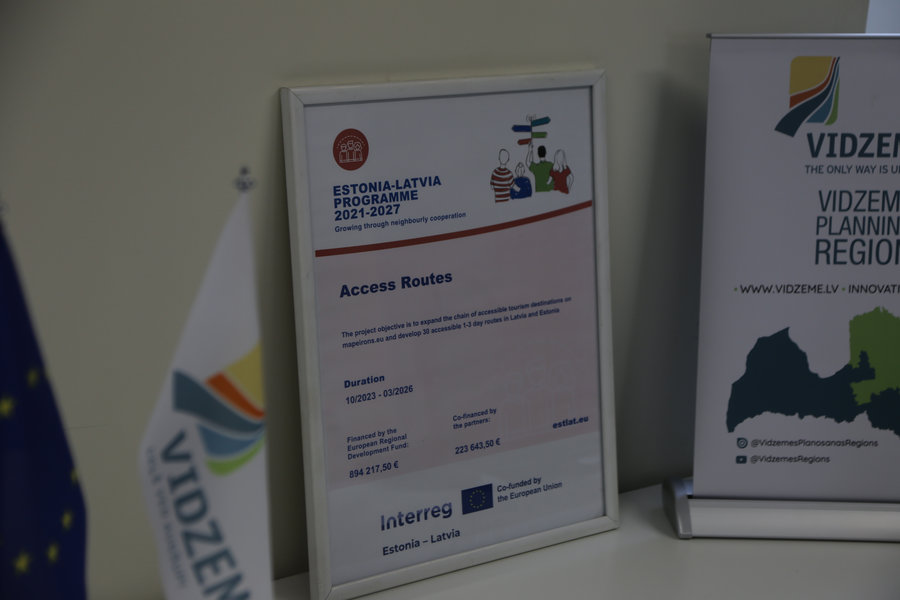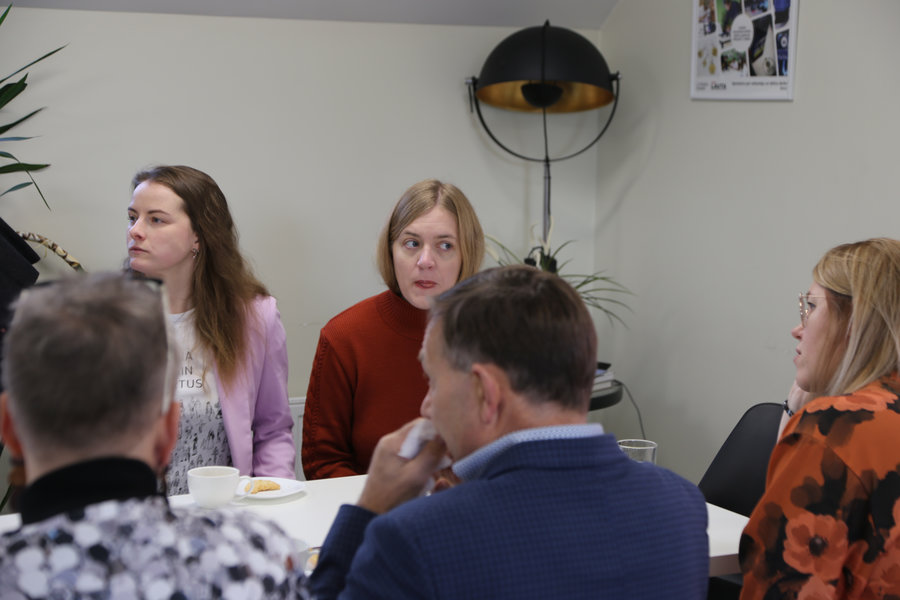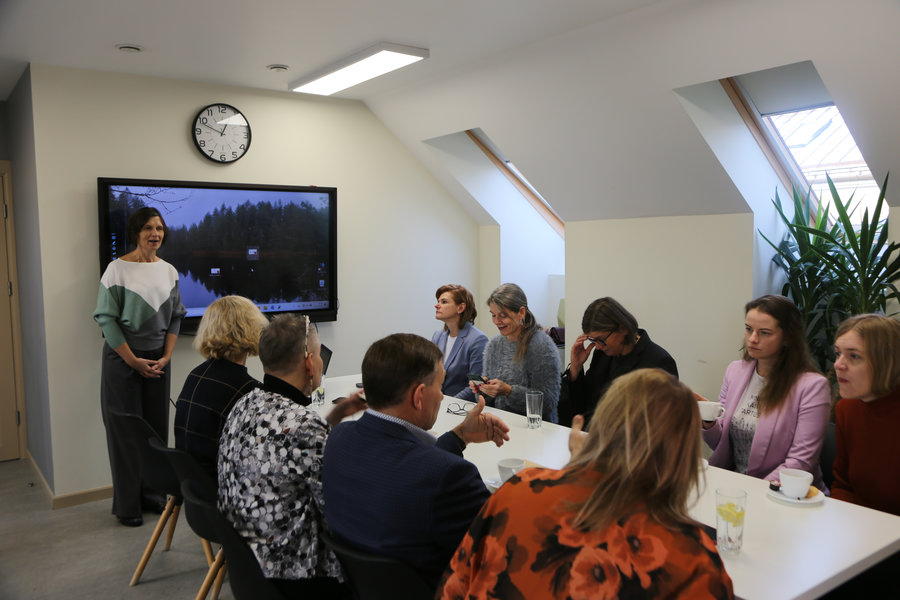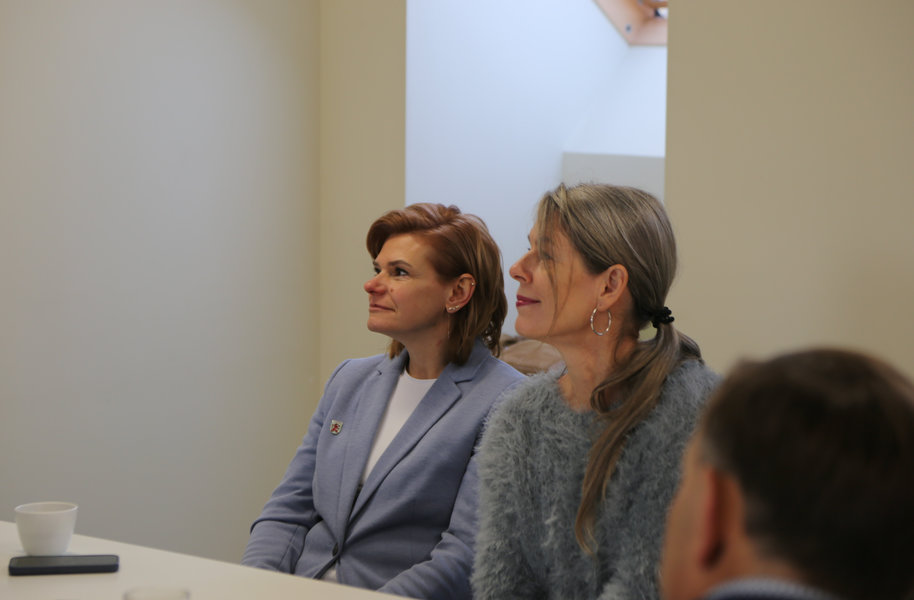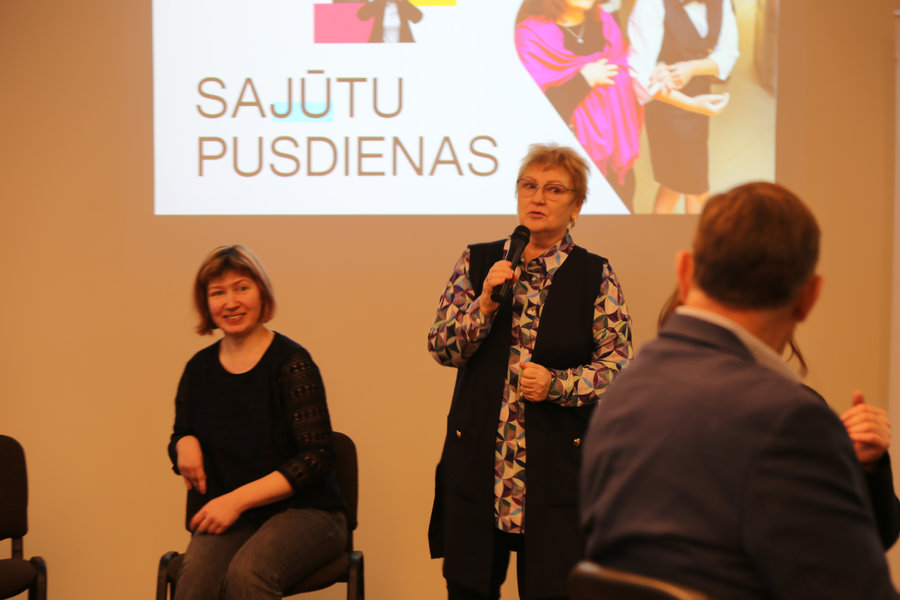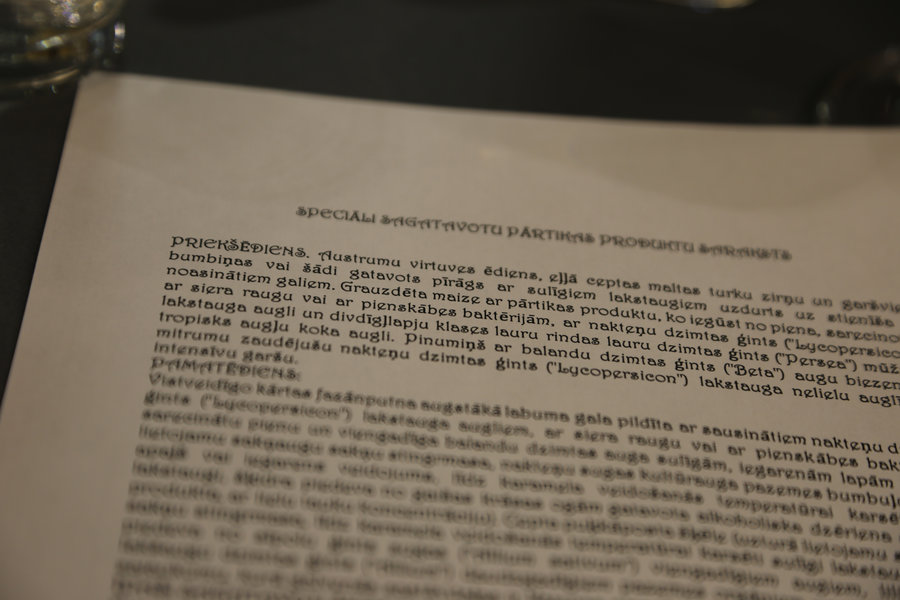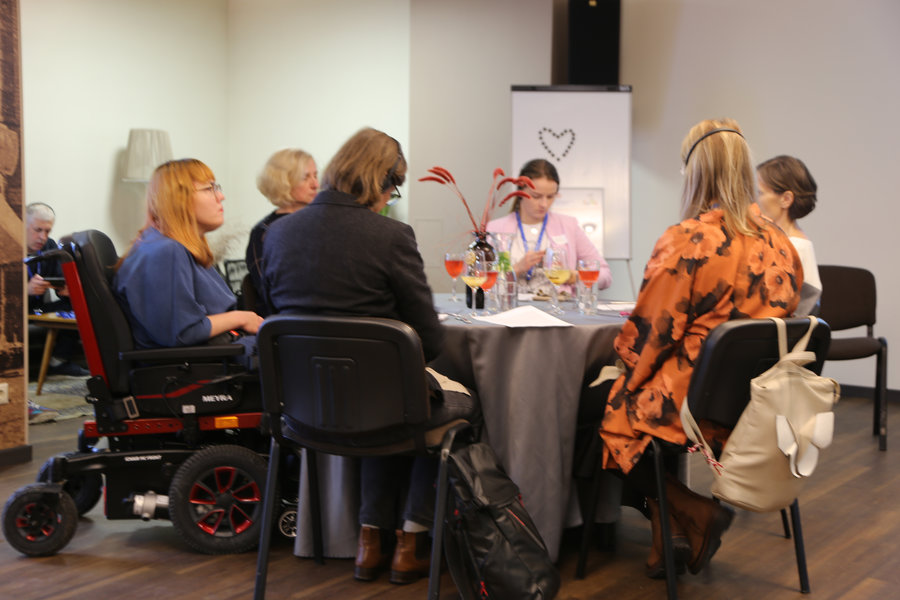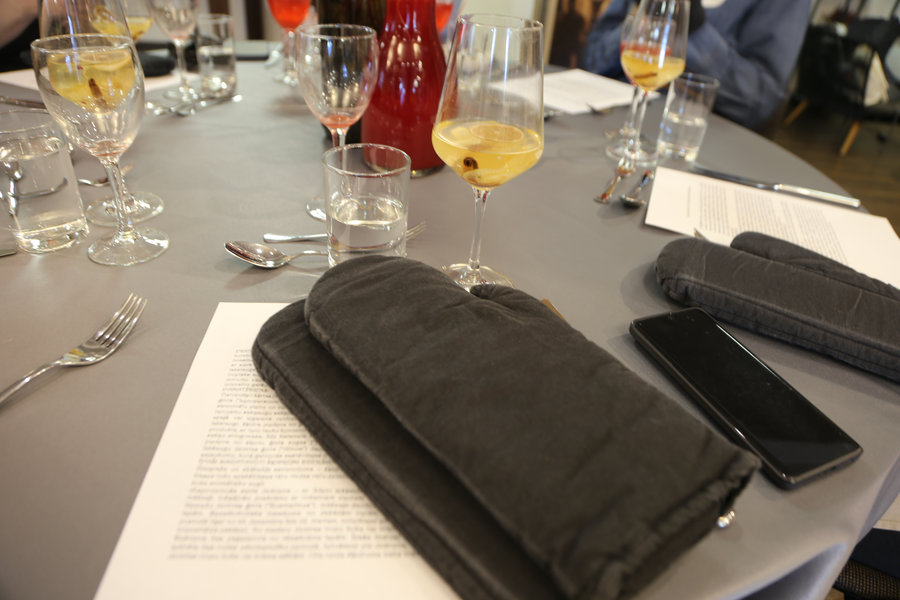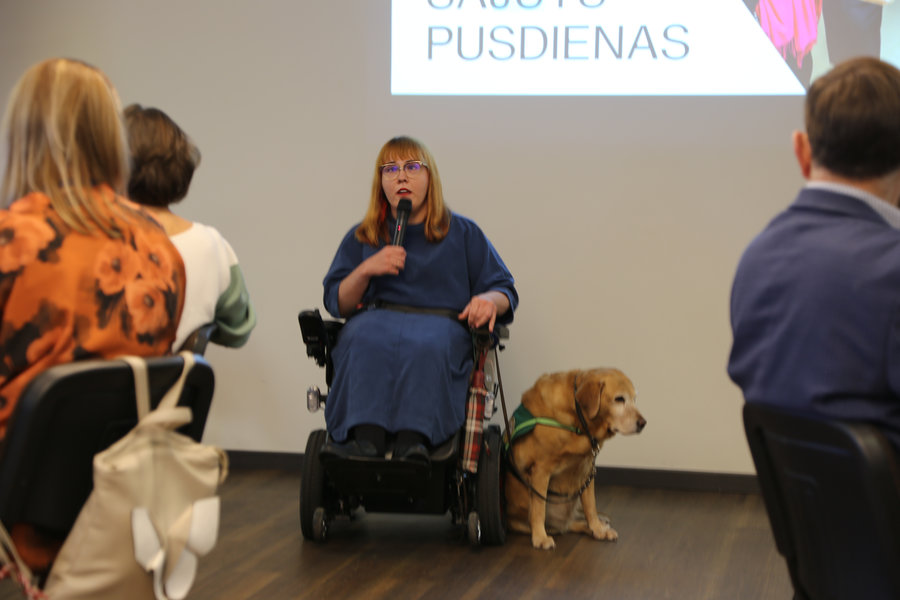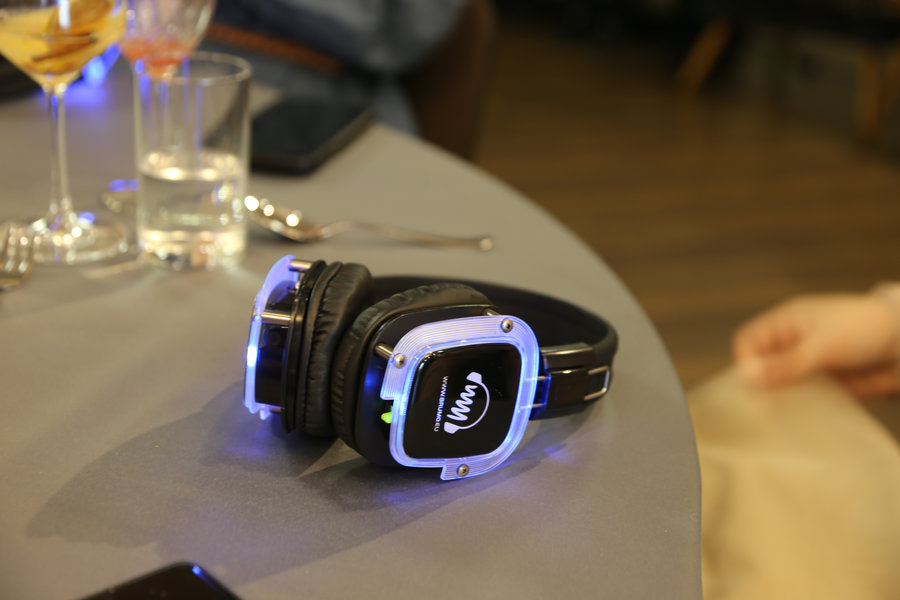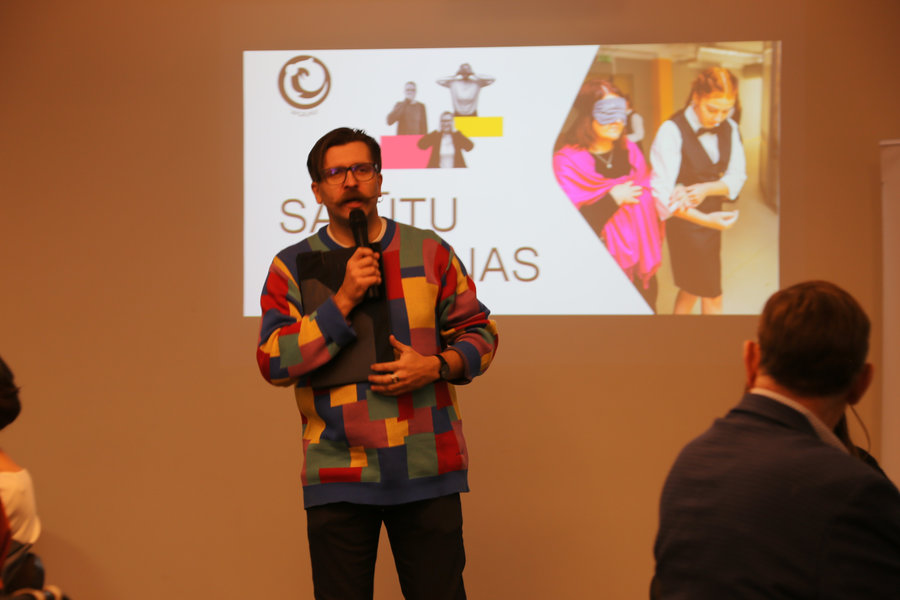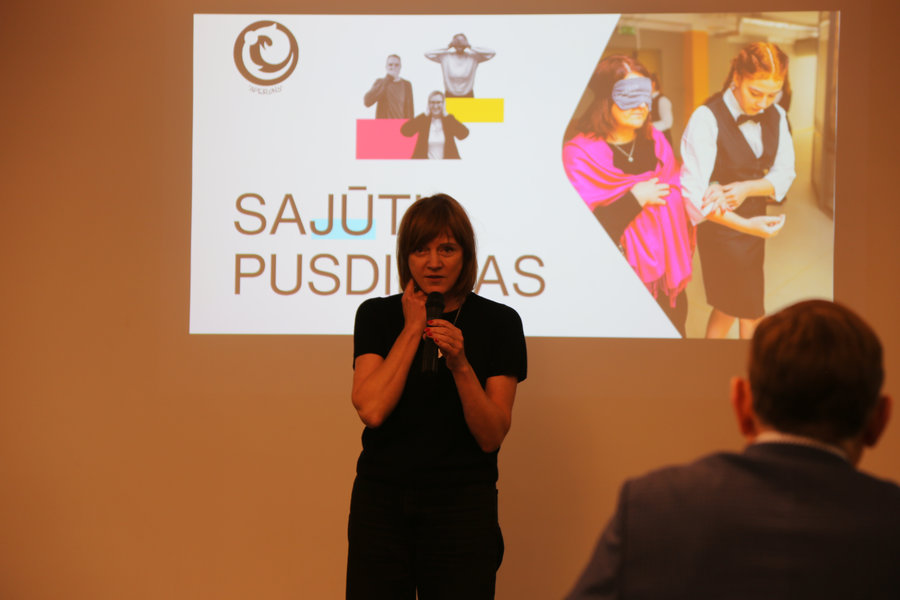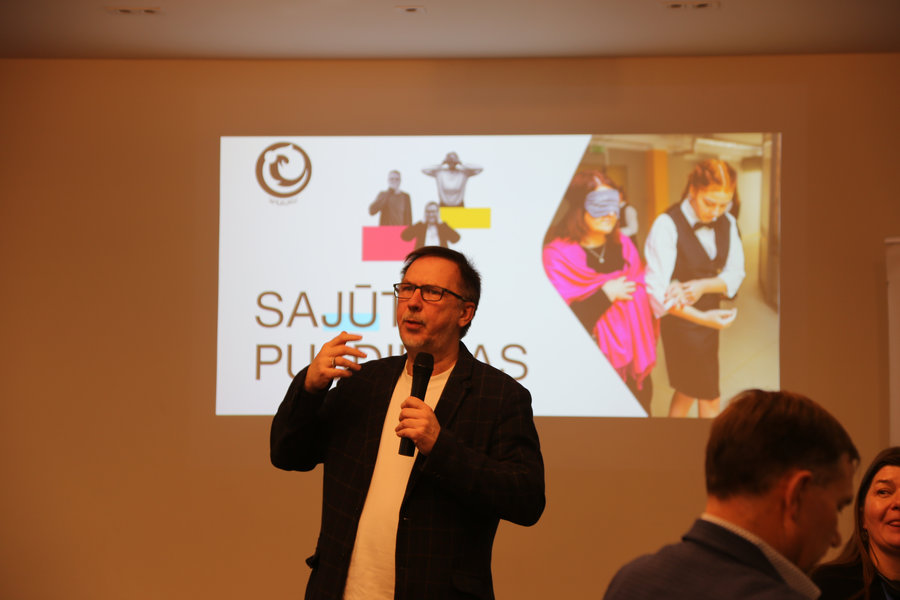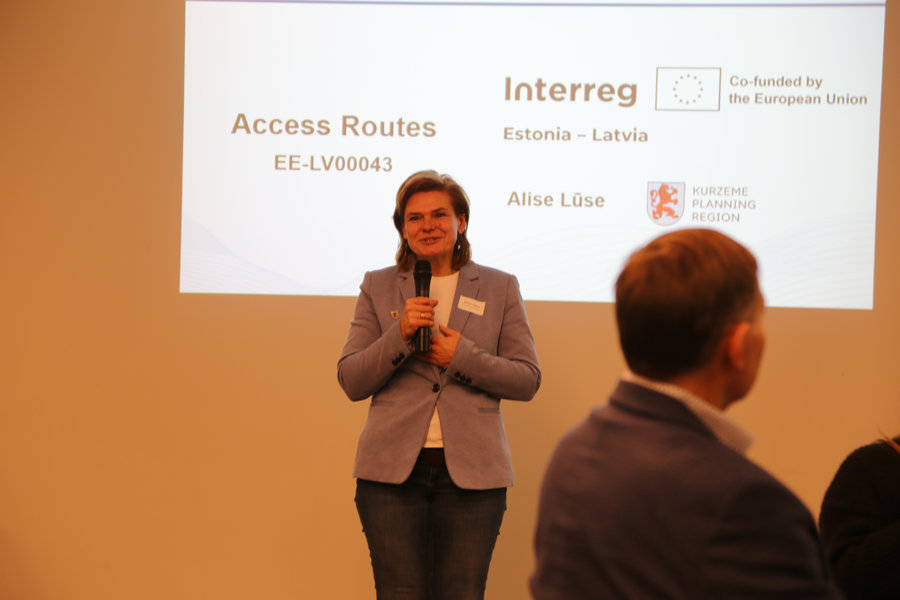Access Days Event “A Lunch of Senses – Experiencing Inclusion Across Borders” Brings Together Experts and International Accessibility Partners
Mapeirons
26. November 2025
All news
On 25 November, the Vidzeme Planning Region, in cooperation with the Association of People with Disabilities and Their Friends “Apeirons”, organised the event “A Lunch of Senses – Experiencing Inclusion Across Borders” within the Interreg Estonia–Latvia Programme project Access Routes. The event brought together accessibility experts, representatives of the European Commission, Interreg programme specialists, as well as local government and tourism professionals from Latvia and Estonia.
The aim of the event was to demonstrate—both practically and emotionally—how the accessibility improvements, knowledge exchange and cross-sector cooperation achieved within the project can foster an equal tourism experience for everyone.
Visit to Lielezers Beach: Accessibility Solutions in Nature
The first part of the day took place at Lielezers Beach in Limbaži, where participants had the opportunity to explore the accessibility solutions developed during the project. These improvements enhance the beach’s accessibility for people with disabilities, seniors, and families with children.
During the site visit, participants learned about tactile objects, adapted access points, and infrastructure solutions designed to create an inclusive environment for all.
Interim Results of the “Access Routes” Project
The event continued at the Limbaži agency LAUTA, where representatives of the Vidzeme Planning Region and the project team presented the progress made so far.
“A Lunch of Senses”: Experiential Learning That Changes Perception
The central part of the day took place at the Wolmar Hotel in Valmiera — an interactive educational event called “A Lunch of Senses” organised by Apeirons. This experiential learning method allows participants to feel the challenges faced daily by people with different types of disabilities.
The meal included tasks simulating various functional impairments:
*The starter was served with eyes covered (simulation of vision loss).
*The main course had to be enjoyed using special gloves (simulation of mobility impairments).
*Dessert was ordered while listening to disturbing background noise (simulation of hearing loss).
Participants agreed that this experience significantly deepened their understanding of everyday situations where accessibility is crucial.
Expert Insights
The programme also featured contributions from several accessibility experts:
Līga Ķikute, public health specialist and board member of the service dog association TEODORS, shared insights into the daily life of people with visual impairments and the importance of guide dogs.
Daina Podziņa, national expert of Accessible EU and plain language interpreter, explained the importance and application of plain language in communication, and shared her personal experience in assistant roles.
Baiba Baikovska, head of the AGAPE LV Ability Movement and author of the book “Elfa – a Dog, Not a Human”, spoke about life with her assistance dog Elfa and, with humour, illustrated the reality faced by people with mobility impairments.
Inese Immure, Chair of the Board of the Latvian Association of the Deaf (LNS), provided insight into the use of sign language and aspects of Deaf culture.
Together, these perspectives offered a multi-layered view of accessibility — from the physical environment to communication and attitudes.
Closing Session and Shared Conclusions
At the end of the day, Alise Lūse, project manager from the Kurzeme Planning Region, presented the Access Routes project results across the regions, highlighting good practices and future ambitions.
Together with the leaders of the Association of People with Disabilities and Their Friends, Ivars Balodis and Liena Eisaka, participants created the event’s Roadmap — summarising insights, suggestions, and recommendations for further improving accessibility.
The event concluded with comments from Anna-Monika Modzelewska, European Commission representative and Interreg expert, on accessibility policies and projects at the European level.
Working Together for a More Inclusive Environment in Latvia and the Baltic Region
The experience of Access Routes confirms that only by combining knowledge, practical action and an empathetic approach can we create an environment that is friendly and accessible to everyone. Participants emphasised that accessibility is not just an infrastructure issue — it is an attitude and an understanding of human diversity in society.
The event and the project “Development of Accessible Tourism Routes (Access Routes)” (EE-LV00043) are implemented with the financial support of the EU Interreg Estonia–Latvia Programme 2021–2027, providing regions with knowledge, tools and practical examples for creating an inclusive environment in the fields of tourism and cultural heritage.
26 Photos
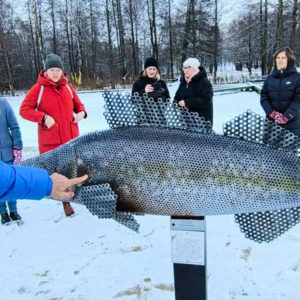
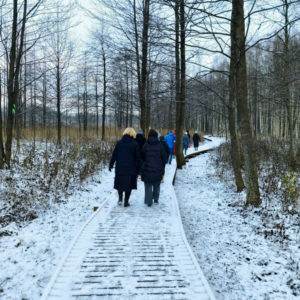
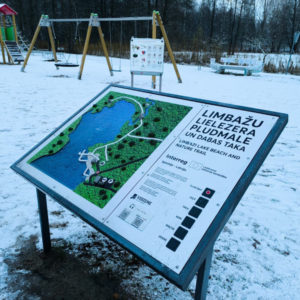
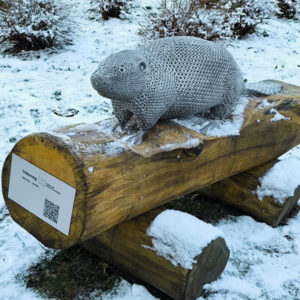
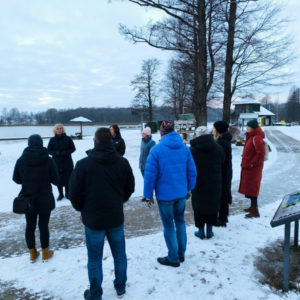
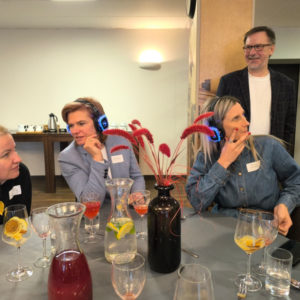
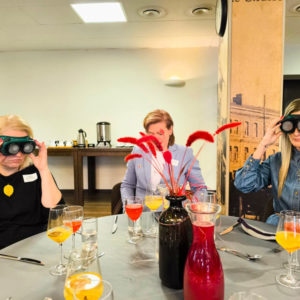
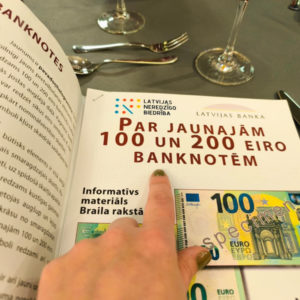
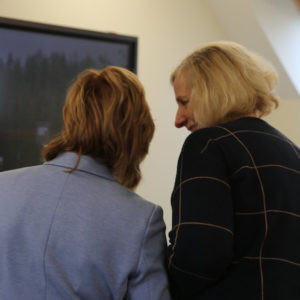
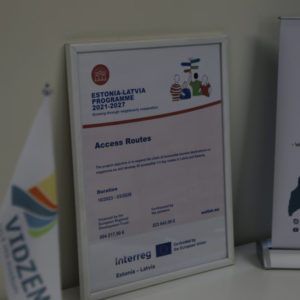
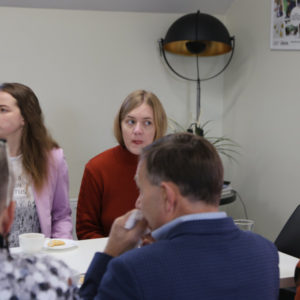
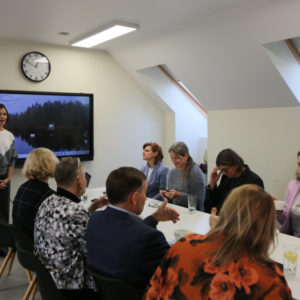
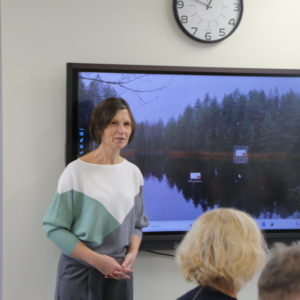
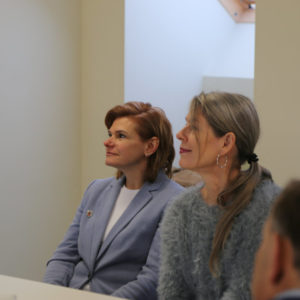
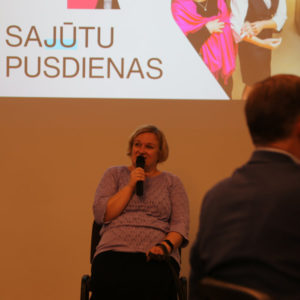
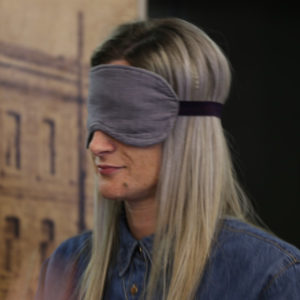
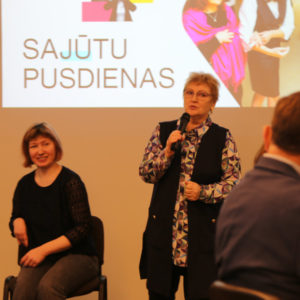
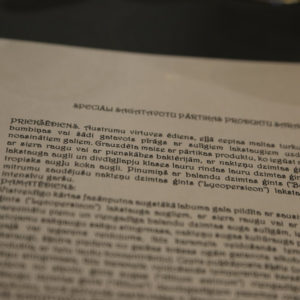
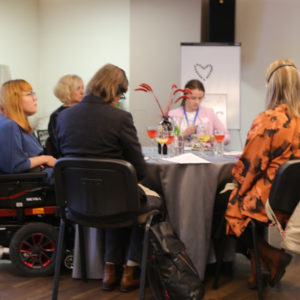
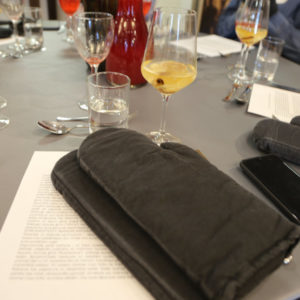
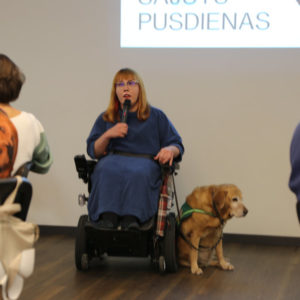
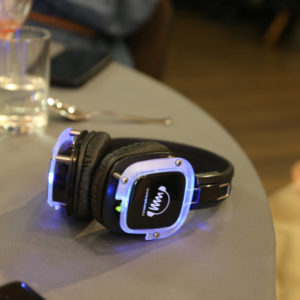
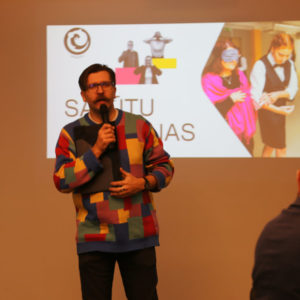
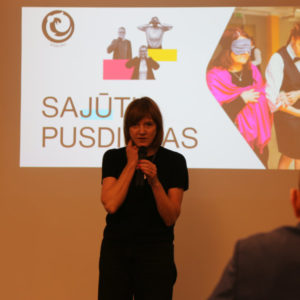
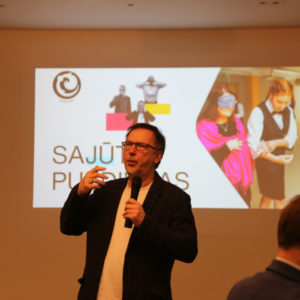
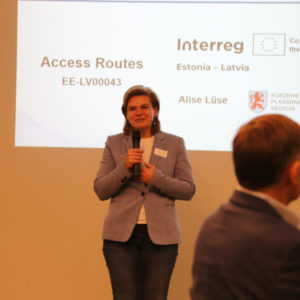
Other news
All news
Mapeirons
The Sensory Path at the “Balttour” Exhibition: What Tourism Looks Like When Experienced Differently
9. February 2026
From 6 to 8 February 2026, at the tourism exhibition–fair “Balttour”, visitors had the opportunity not only to discover new destinations, but also to experience…
Mapeirons
Visitors Invited to the Sensory Trail at the Tourism Exhibition – Experience, Understand, and Make Tourism More Accessible for All
28. January 2026
During the tourism exhibition–fair Balttour from February 6 to 8, visitors will have the opportunity not only to discover travel destinations but also to personally…
Mapeirons
A Seminar in Saldus Focuses on Welcoming Visitors with Visual or Intellectual Disabilities
20. November 2025
On 19 November 2025, tourism professionals, social workers, and municipal specialists from across Kurzeme and Zemgale gathered at Laipa SPA in Saldus to participate in…
